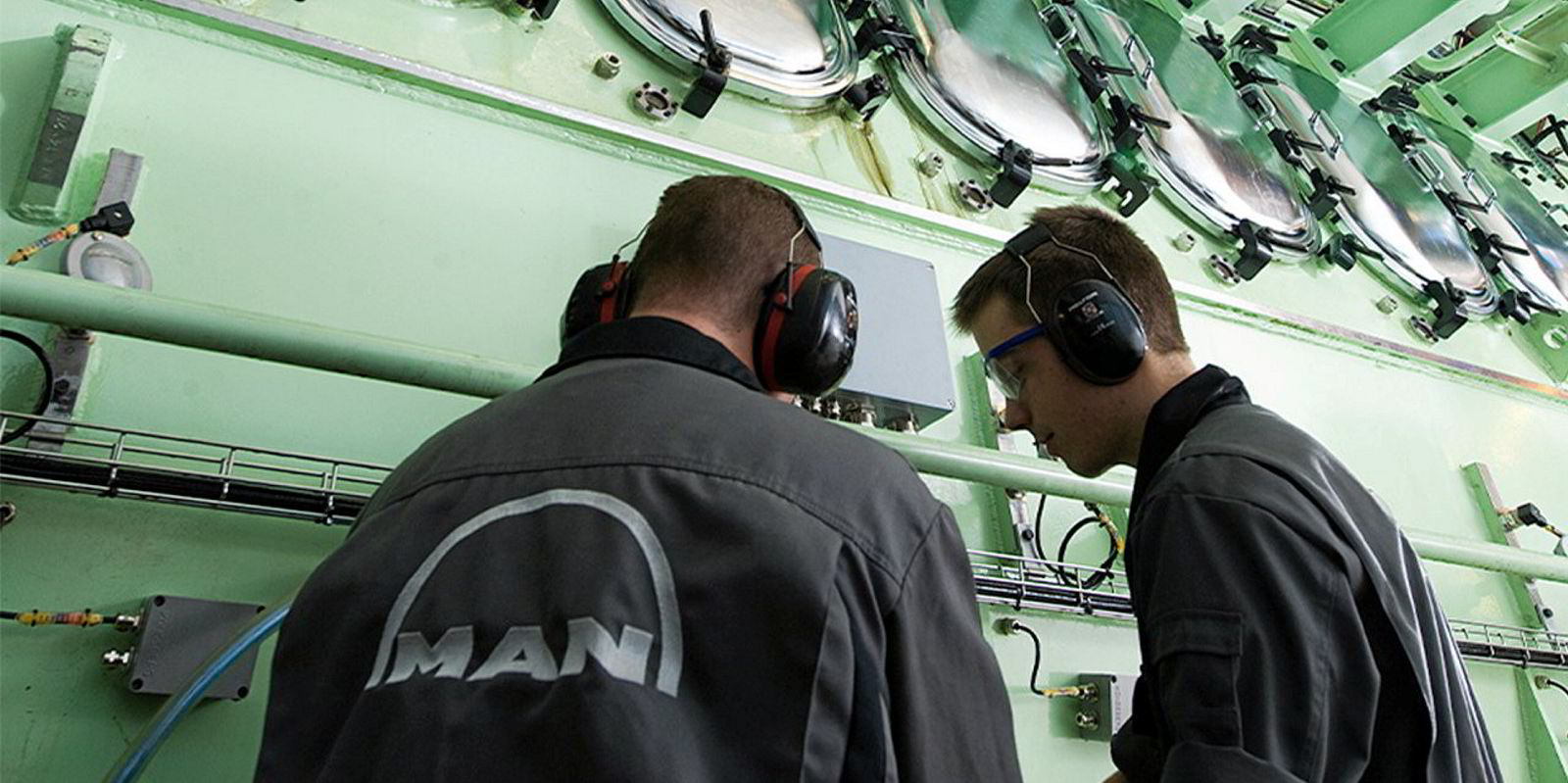The number of cargo owners willing to pay a premium for zero carbon shipping is increasing, according to a second annual survey, but the amount they want to stump up is still too low.
However, the research by global business advisors Boston Consulting Group (BCG) suggests that ship operators prepared to take the risk of being first movers to source and use greener fuels will benefit financially.
BCG’s Willingness to Pay Survey 2022 showed that 82% of shipping customers are ready to pay a premium for zero-carbon shipping — an 11% increase over 2021, although only 16% were “very willing”.
And the report found only 30% happy to pay about 3% more for the price of transport whereas a 10-15% increase in the cost of carrying cargo is expected to be needed to fund decarbonisation. Just 10% of those surveyed said they would be prepared to pay between 10% and 20% more.
Looking ahead painted a rosier picture as about 65% stated a willingness to pay a higher premium in the future and 71% said they would be prepared to be more loyal to a zero-carbon ship operator.
Peter Jameson, BCG’s global lead for climate and sustainability in its infrastructure, transport and cities unit, told TradeWinds in an interview that shipping’s decarbonisation is still in a stalemate situation.
Insecurity over future legislation and carbon taxation potentially leaves first movers financially exposed while the supply of alternative fuel is also a challenge as green production is not yet being sufficiently ramped up.
“Once you start getting a global price on carbon suddenly you start standardising the pass-on cost to industries,” said Jameson who four years ago worked on the setting up of the Maersk Mc-Kinney Moller Center for Zero Carbon Shipping in Copenhagen.
The survey was weighted heavily towards container cargo owners at 85% of those questioned. By industry, cargo buyers were split 41% in consumer-facing companies, 18% in healthcare, 14% industrial, 11% technology, 10% basic materials and 5% in energy.
Citing a reported figure of $2.4trn as the total investment cost to decarbonise shipping, of which $1.7trn is land-based, Jameson said BCG was seeing a change from the question of who is going to pay, toward who is going to benefit.
“Investment groups, private equity firms and pension funds are looking at that value chain and saying I can see that an ammonia production facility is going to be a pretty good long-term bet for me at pretty low risk and therefore money is starting to flow,” he said.
Cargo owners will not be making the investments, but they are coming under pressure to decarbonise.
The biggest driver in increasing willingness to pay for greener shipping is regulation but customer demand has increased from consumers caring more and growing financial market pressures.
Jameson said around 60% of the top 50 cargo owners in the shipping world have net zero targets.
“But what is not happening yet is that what the CEO and the company is saying is translating down to the person making the buying decision on the shipping.”
For ship operators, he said it is becoming all about risk appetite.
“You can see two plays from a risk appetite perspective. One is what is the risk that I do nothing, that I sit on the fence and wait.
“But if I do nothing I will end up paying more for, for example, for green methanol because I am going to end up paying the commodity price for that in a market where it is supply constrained - and that price is going to be a real premium.”
First mover container lines like Maersk and CMA CGM, helped by being cash-rich from strong markets in the last couple of years, are signing offtake agreements with alternative fuel producers.
That market maker model will allow the first movers to lobby the International Maritime Organization for legislation that will ultimately force others to follow suit and push up demand for alternative fuels.
And it is the early movers who will have a commercial advantage from securing lower prices, Jameson said.
Last week BCG teamed up with classification society ABS in a memorandum of understanding to provide the shipping industry with concrete strategies on how to decarbonise.






